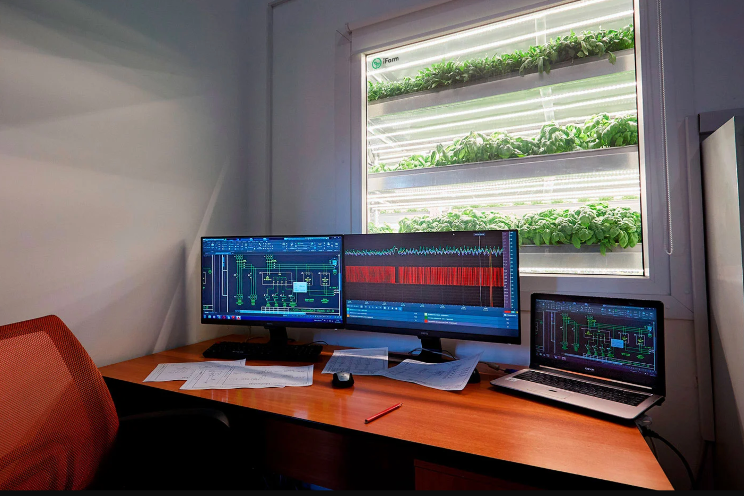Predicting future changes in water quality
Added on 17 November 2021

As the impact of climate change and land use continue to harm aquatic environments, it is becoming increasingly important to measure and monitor changes in water quality. When Dublin City University (DCU) Water Institute was developing its new mobile lab technology to help predict future changes in water quality, it turned to precision drive and motor specialist, maxon for help.
The project, led by Professor Fiona Regan, Joyce O'Grady, a PhD student at DCU, and Dr. Nigel Kent, then the director of the centre of research and enterprise in engineering (engCORE) at the Institute of Technology Carlow. The project was sponsored by the Irish Marine Institute and involves studying freshwater sites where the quality is good and monitoring any changes that could impact the ecosystem.
The team developed a sensor to detect low phosphate levels in selected catchments for real-time monitoring. Phosphates are a measure of nutrient pollution and control the pace at which algae and aquatic plants are produced. To mix and measure the water sample and the reagent fluid, O'Grady and Kent developed a centrifugal microfluidic disk that acts like a mobile lab, with six tests per disk. The ability to use a mobile lab reduces the risk of contamination, delivers a faster turnaround for results and produces real-time data.
When they needed support developing the disk, Kent contacted Martin Leahy, maxon's sales engineer in Ireland, who specified a DCX 22 mm DC motor and the robust ENX 10 EASY 3-channel encoder for the necessary high precision and speed control. Also, modifications were made to the shaft length since a longer shaft was required with a flat edge to mount the disk.
It was critical that the motor could spin above 5,000 to 6,000 rpm to drive fluids towards the outside of the disk for at least 60 seconds and, at the measurement stage, index the disk through 60 degree increments with sub 1 degree precision. The DC motor and encoder form part of a more extensive integrated firmware system. The system needed to be fully integrated with minimal sample handling to lessen contamination.
Leahy also introduced the team to maxon's Young Engineers Program (YEP). The program, aimed at students and start-up companies, supports innovative projects with electric drive systems. It offers technical support, maxon products at discounted prices and promotion opportunities on maxon channels.
Click here to read more.
Photo by Markus Spiske on Unsplash
Source: Agritech Tomorrow
More news















